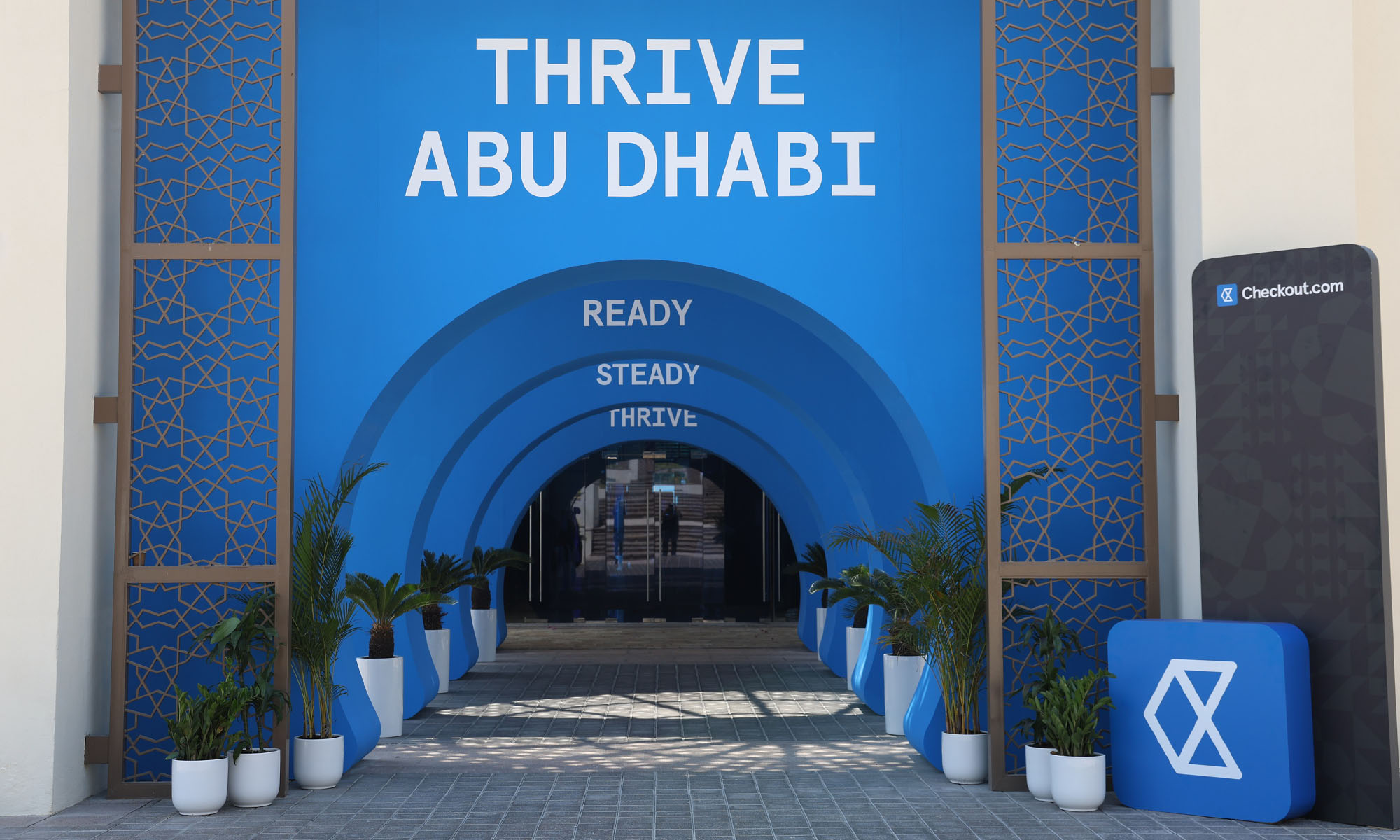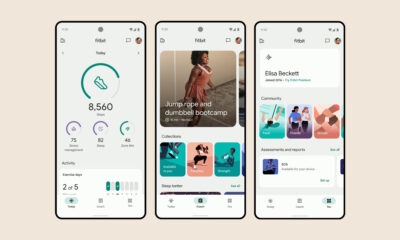News
Fitbit Unveils 3 New Fitness Trackers — Without Wear OS 3
The svelte updates to the Inspire, Versa, and Sense models still don’t use Google’s wearable OS, though the range still looks tempting.
If you were eagerly awaiting a new smartwatch release from Fitbit that would feature an updated OS in the form of Google Wear 3, you’ll probably be disappointed by the firm’s latest announcement. However, that’s perhaps as far as bad news goes for this new range of fitness trackers, as overall, the trio of models otherwise look incredibly compelling.
The Inspire 3, Versa 4, and Sense 2 are all now available for preorder, with each model looking a little slimmer and more polished than before, albeit sporting Fitbit’s own OS instead of the Google iteration. Fitbit’s software is attractive and easy enough to use, and you’ll still be able to access maps and wallet features from the search giant despite not getting the full Wear OS treatment.
Light Fantastic
At $100, the Inspire 3 is the entry-level model and compares favorably to the likes of Garmin’s Vivosmart series.
The always-on AMOLED face and 10-day battery life are notable in this price tier, as are the monitoring features, which boast:
- Always-on tracking for blood oxygen (SpO2).
- Always-on skin temperature monitor.
- Irregular heartbeat rhythm warning.
The watch has also received FDA approval and CE marking, so you can be sure the device will keep a watchful eye over your vital signs. As well as comprehensive monitoring, you also get a Daily Readiness score, helping you decide whether you need to recover or head out for another training session, and a new Sleep Profile feature able to track 10 different sleep metrics.
The Inspire 3 comes in three colors and can be fitted with a wide range of new Fitbit bands too.
A Genuine Apple Alternative?
The Versa 4 ($230) and Sense 2 ($300) aim to take a slice of the Apple Watch’s market share, though, of course, both devices work with Android and iOS, so offer a good deal more flexibility than Cupertino’s walled garden device.
Both Fitbit trackers have overhauled software, tweaked to offer a (dare we say) more Apple-like vibe. However, unlike Apple’s devices, they will comfortably last a whole week on a charge and refill to a day’s worth of power in just 12 minutes.
Features include everything present on the Inspire 3, with the Versa 4 being optimized for workouts, using built-in GPS and 40 exercise modes. The Sense 2 now features a Body Response sensor that hunts for stress triggers and alerts the wearer if anything troubling is uncovered.
Both watches are also lighter and thinner than previous iterations, with the entire lineup offering a slimmer, smarter experience all around.
News
Checkout.com Set To Launch Card Issuing In The UAE
The payment service provider’s expansion is a first-of-its-kind investment and could reshape digital transactions across the region.

Checkout.com is laying the groundwork to become the first global payments platform to introduce card issuing in the United Arab Emirates — a move that could reshape how businesses in the region manage financial transactions.
The company plans to roll out its domestic card issuance offering in the UAE by 2026, subject to regulatory approval. The launch would give businesses the tools to issue both physical and virtual branded cards. This, in turn, opens up new ways to reward customers, streamline expense processes, and handle B2B payouts efficiently.
Checkout.com’s CEO and Founder, Guillaume Pousaz, revealed the plans during Thrive Abu Dhabi, the firm’s debut conference in the Emirates. Joined on stage by Remo Giovanni Abbondandolo, General Manager for MENA, Pousaz presented to an audience of over 150 partners and merchants at Saadiyat Island. Also in attendance was H.E. Omar Sultan Al Olama, the UAE’s Minister of State for Artificial Intelligence, Digital Economy, and Remote Work Applications.

Abbondandolo highlighted the strategic importance of the announcement: “As a global business, we focus on bringing products to markets that our customers want and need. Today’s announcement is proof of our commitment to the MENA region and its rising influence in the digital economy. The appetite for innovation here is real, and we’re proud to be building the infrastructure that powers it”.
One early adopter of Checkout.com’s UAE acquiring services is Headout, a travel experiences marketplace, which recently named the payment provider as its main partner in Europe. The company has already begun card issuing there and is keen to expand that offering into MENA once approval is granted.
The expansion of services in the UAE and beyond builds on Checkout.com’s track record in the region. It was the first global payments firm to secure a Retail Payment Services license from the UAE’s Central Bank and was instrumental in rolling out Mada and Apple Pay in both the UAE and Saudi Arabia.
Also Read: Protecting Your WhatsApp Account From Hackers: Kaspersky Expert Tips
The firm has also been rolling out new products: One of the latest is Flow Remember Me, currently in beta testing. It allows shoppers to store their card information once and access it across Checkout.com’s entire network, potentially cutting checkout times by up to 70%.
Earlier this year, Checkout.com also introduced Visa Direct’s Push-to-Card solution in the UAE, enabling both domestic and international payouts. Its collaboration with Mastercard has grown as well, making it easier for businesses to send funds directly to third-party cards securely and quickly.
With regional tech ambitions on the rise — spurred by initiatives like Saudi Arabia’s Vision 2030 and the UAE’s 2031 Agenda — Checkout.com sees its role as one of a key enabler. “Our mission is to help ambitious businesses navigate the complexity of payments, so they can move faster, go further, and make the most of every opportunity,” said Abbondandolo. “In MENA, performance is personal. It’s local. It’s built on trust. And when payments perform, businesses thrive”.






















